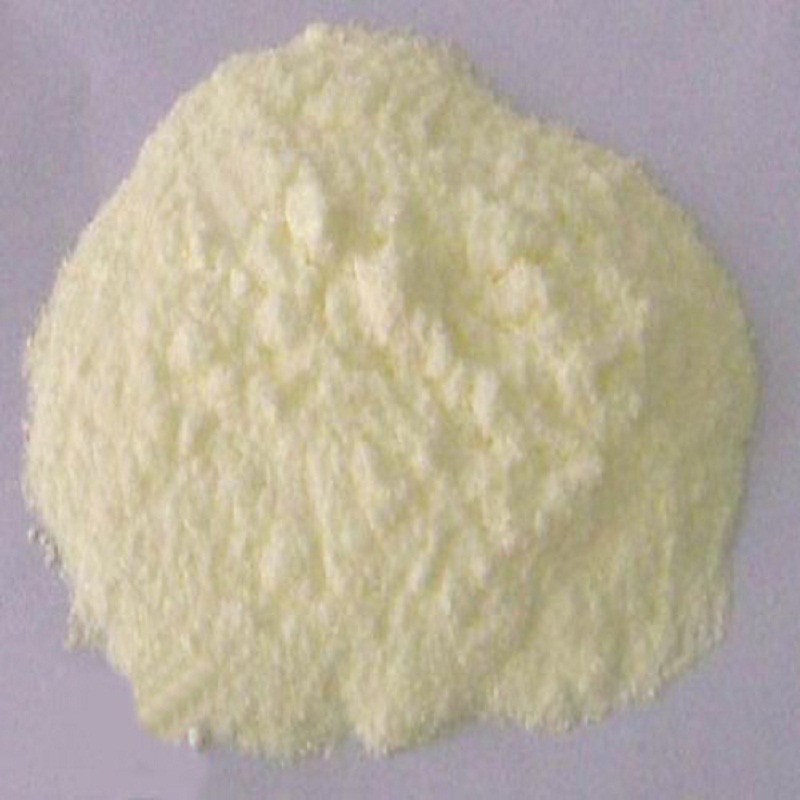currently the more ideal uv absorbers/light stabilizers are mostly compound types. in particular, the combination of salicylates, benzophenones, benzotriazoles, substituted acrylonitriles, triazines and hindered amines can achieve a more rational effect than any single uv absorber. application fields of uv absorbers: polymers (plastics, etc.), paints (car spray paint, building decoration), printing inks, post-processing of dyed/printed textiles, sunscreen cosmetics
since sunlight contains a large amount of ultraviolet light that is harmful to colored objects, its wavelength is about 290-460 nanometers. these harmful ultraviolet light causes the color molecules to eventually decompose and fade through chemical oxidation-reduction (redox reaction).ultraviolet light absorbersmethods to prevent harmful uv light from damaging color are both physical and chemical.

here we only briefly introduce chemical methods, that is, using uv absorbers to effectively prevent or weaken the color damage of protected objects.
①can strongly absorb ultraviolet rays (especially the wavelength of 290-400nm);
②good thermal stability, will not change due to heat even during processing, and has low thermal volatility;
③good chemical stability and no adverse reactions with material components in the product;
④good miscibility, can be evenly dispersed in the material, no blooming, no bleeding;
⑤the absorber itself has good photochemical stability and does not decompose or discolor;
⑥ colorless, non-toxic and odorless;
⑦resistant to soaking and washing;
⑧cheap and easy to obtain;
⑨.insoluble or difficult to dissolve in water.
uv absorbers can be divided into the following categories according to their chemical structures: salicylates, benzophenones, benzotriazoles, substituted acrylonitriles, triazines and hindered amines.

 微信扫一扫打赏
微信扫一扫打赏

